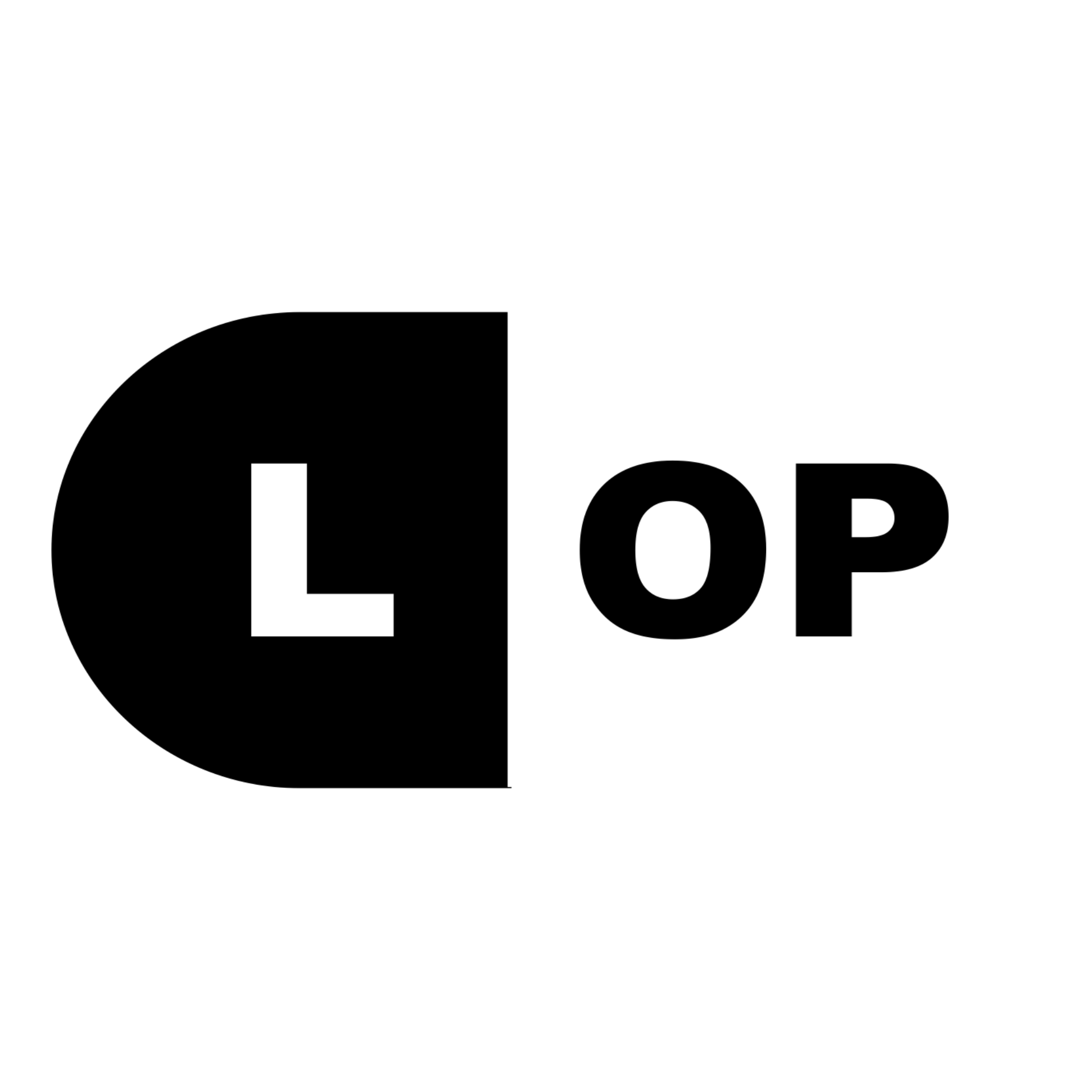
I remember the first time I heard the word “Resume”. At first, I was confused, and then I asked for the meaning. My friend answered almost immediately, “It’s the same thing as CV” and I was like “oh”. But not until I personally did my research.
Currently, in the job market, the terms Curriculum Vitae popularly known as CV and Resume are often used interchangeably. They are often used to describe a brief written summary of a person’s career, qualification, and education. They have their similarities, no doubts but most importantly, they also have their differences.
With the present competition in the job market, I believe this information is timely and important. In this article, I will be exploring the major differences between Curriculum Vitae (CV) and Resume.

Join any of these WhatsApp Groups to receive more scholarships and other opportunities
For chats, help and support, Join our Telegram Community.
Length and Content
The most notable difference between a CV and a resume lies in their length and content. CV is a more detailed and comprehensive document, it covers all aspects of an individual’s academic and professional background. It includes sections such as education, research, publications, presentations, awards, and affiliations. On the other hand, a resume is shorter and more concise. It focuses on relevant skills, work experience, and achievements directly related to the job you are applying for.
Purpose and Audience
Your purpose and intended audience is also a major difference between a CV and Resume. Most times, a CV is used in the field of academics, science and research because in these fields, it’s important to have a thorough overview of the candidate’s qualifications. Often times, the targeted audience are hiring committees, academic institutions, or research organizations. In contrast, a resume is usually directed to a broader audience and is widely used in the corporate, business, and non-academic sectors to apply for jobs, internships, or fellowships.
Flexibility and Customization
It’s true that both documents showcase the candidate’s qualifications, but a CV is more flexible in terms of the format in which it is written and its content. When writing a CV, you are allowed to include all your relevant experiences, and it doesn’t have to be in any chronological order. You can also customize the sections on the document based on your career trajectory. However, a resume follows a more structured format, and it should emphasize your recent and relevant experiences associated to the specific job you are applying for. For every job application, your Resume should highlight the most relevant skills and achievements.
Length of Work Experience
CV is detailed, spanning multiple pages, therefore, it is suitable for individuals who have an extensive academic and professional backgrounds, including multiple degrees, research projects, publications, and teaching experience. While Resumes are ideal for individuals with a moderate to extensive work history in a specific field. A resume is usually brief, specific and limited to one or two pages. So on a lighter note, if you are applying for a job after just one degree, you are not expected to write a CV but a Resume.
Geographic and Industry Preferences
Different geographic locations and industries have their preferences when it comes to CVs and Resumes. For example, countries like the United States and Canada, prefer resumes for job applications across most of their industries, but in European countries like the United Kingdom and academic settings worldwide, CVs are more preferable, especially in research, and medical fields.
Conclusion
If you are a job seeker, you should have the full knowledge of the expectations and preferences of your target employers and regions where the job is located when preparing your application materials. If you want to effectively showcase your qualifications, experiences, and capabilities in the job market, you should understand the differences between the two documents.
While both documents serve the purpose of presenting your professional background, they vary in length, content, purpose, flexibility, and industry preferences. Whether you are applying for academic positions, research opportunities, or corporate roles, selecting the appropriate document and tailoring it to the specific job requirements can significantly enhance your chances of success.
By leveraging the strengths of each document, you can effectively communicate your value to potential employers and advance your career aspirations with confidence. I wish you the best of luck in your job search.




